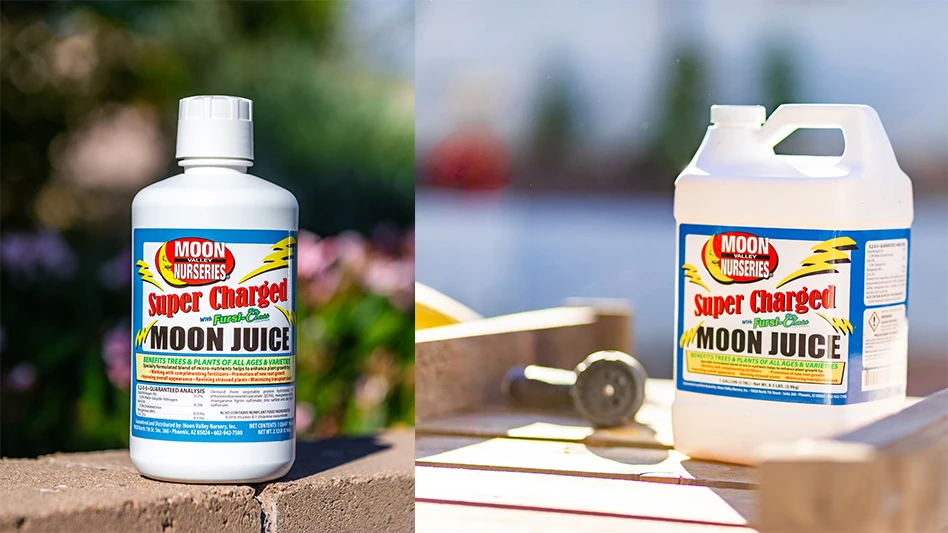 Josh Schneider Josh Schneider |
The hue and cry going up from independent garden centers at the news Monrovia Nursery was considering selling to Home Depot at the request of their bankers sent shockwaves throughout the IGC Universe. The financiers apparently didn’t see the political firestorm brewing when they suggested the big boxes would be a solution to the excess inventory problem Monrovia was facing. “With indie orders down, why not use other channels?” they seem to have reasoned. When Monrovia asked its garden center clients to make up the difference in additional orders, it at least gave independents the opportunity to take more product and help out a company that was built around the independent garden center distribution channel. As it turned out, even with the combined western Home Depot orders and the additional commitments made by independent garden centers, Monrovia still fell short of its $20 million goal for sales. Given the economy, that result is hardly a surprise. Monrovia has promised to keep its well-known brand out of Home Depot and only ship plants in black pots with no identifying information that could link the plants back and sully the brand. Many independents were not at all interested in how or why, only saying that Monrovia was finally “selling out” to the box stores, just like they perceived some other plant companies to have done in the past.
|
Get curated news on YOUR industry.
Enter your email to receive our newsletters.

Explore the March 2011 Issue
Check out more from this issue and find your next story to read.
Latest from Garden Center
- Society of American Florists accepting entries for 2025 Marketer of the Year Contest
- Sustainabloom launches Wholesale Nickel Program to support floriculture sustainability
- American Horticultural Society welcomes five new board members
- Color Orchids acquires Floricultura Pacific, becoming largest orchid supplier in U.S.
- American Floral Endowment establishes Demaree Family Floriculture Advancement Fund
- The Growth Industry Episode 3: Across the Pond with Neville Stein
- Proven Winners offers Certified Garden Center Training for staff education
- Digging In Association hosts inaugural Platinum Trowel Awards at winter conference





